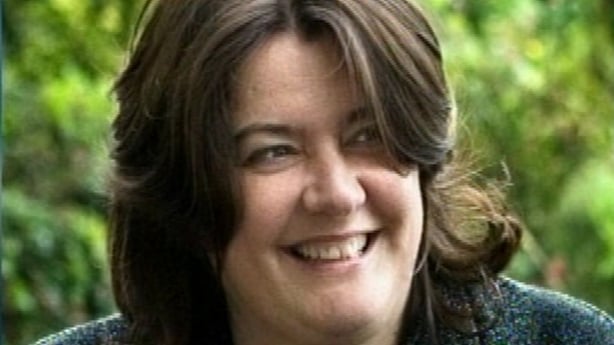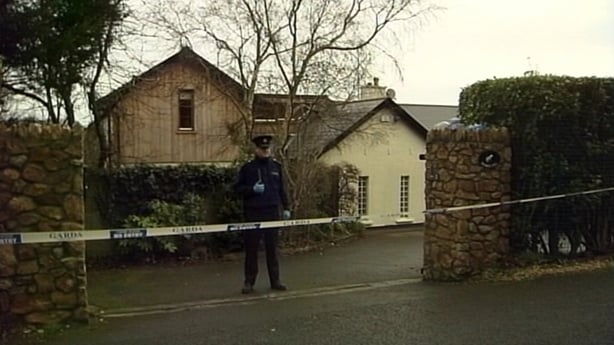The Law Reform Commission has recommended a change in inheritance laws to prevent a husband or wife who has killed their spouse from benefiting in any way.
The High Court recommended a review of the legislation following the case of Eamonn Lillis, who killed his wife Celine Cawley but still kept half their home in Howth, Co Dublin.
Irish succession law states that a person may not inherit any part of the estate of someone he or she has murdered, attempted to murder or killed by manslaughter.
However in co-ownership cases, the property automatically passes to the surviving joint owner.
This was the situation in the case of Lillis, who was convicted of killing his wife in December 2008.
After Ms Cawley's family took an action challenging the legislation, the High Court recommended a review.
The Law Reform Commission has now said the law should be changed and where there is joint tenancy, legal title should not pass to the convicted killer.
It has also recommended the offender should not benefit financially through a life assurance policy or a pension from their spouse's death.
The commission said the legislation should continue to apply to the three most recognised types of homicide: murder, attempted murder and manslaughter.
It said it should not be extended to include other offences such as dangerous driving causing death.
It has also said that judges should be given discretion in cases where a manslaughter follows lengthy periods of violence, such as domestic abuse.
Speaking on RTÉ's Morning Ireland, Law Reform Commission member Marie Baker outlined the suggested amendment to the current law.
"What we're suggesting is that there be a severance of the joint tenancy so that the survivorship right no longer exists.
"We're not recommending that the killer loses all of his or her own property rights but we're recommending that as a starting point that there be severance and that the shares be held equally."
Ms Baker said there are constitutional and policy reasons why a killer could not lose his or her own share of a property.
In a statement, Ms Cawley's brother Chris Cawley thanked the Law Reform Commission for its work and said there were a lot of positives in the report.

However, he said: "I note with some concern that it is to be presumed that the victim holds at least half of the interest in the property.
"I understand that the Law Reform Commission envisage this concern to be addressed by recommending that the actual amount and value to be held by the offender may be decided by a court to be at such a level as the court considers just and equitable.
"However, there is the potential that the killer could still walk away with half his share of jointly held property."
He said he hopes that when the Department of Justice drafts legislation, it will ensure that 100% of jointly held assets go to the estate.
The inheritance law loophole was highlighted four years ago when the family of Ms Cawley challenged the right of her husband, Lillis, to inherit her share of the family home and keep his own.

The sale of his share resulted in him having €1.3m at his disposal when he left prison earlier this year.
Judge Mary Laffoy ruled that Ms Cawley's share should be held in trust for her daughter, but the judge also said the law should be reviewed.
The brother of a murder victim has said that the Law Reform Commission's report is to be welcomed and closes up loopholes that exist.
Noel Byrne, whose brother Paul was stabbed to death by his wife, said he would like Ms Fitzgerald to go further in relation to family property and asked her to give judges discretion in this regard.
He said today's report goes a long way to readdressing victims' rights.

